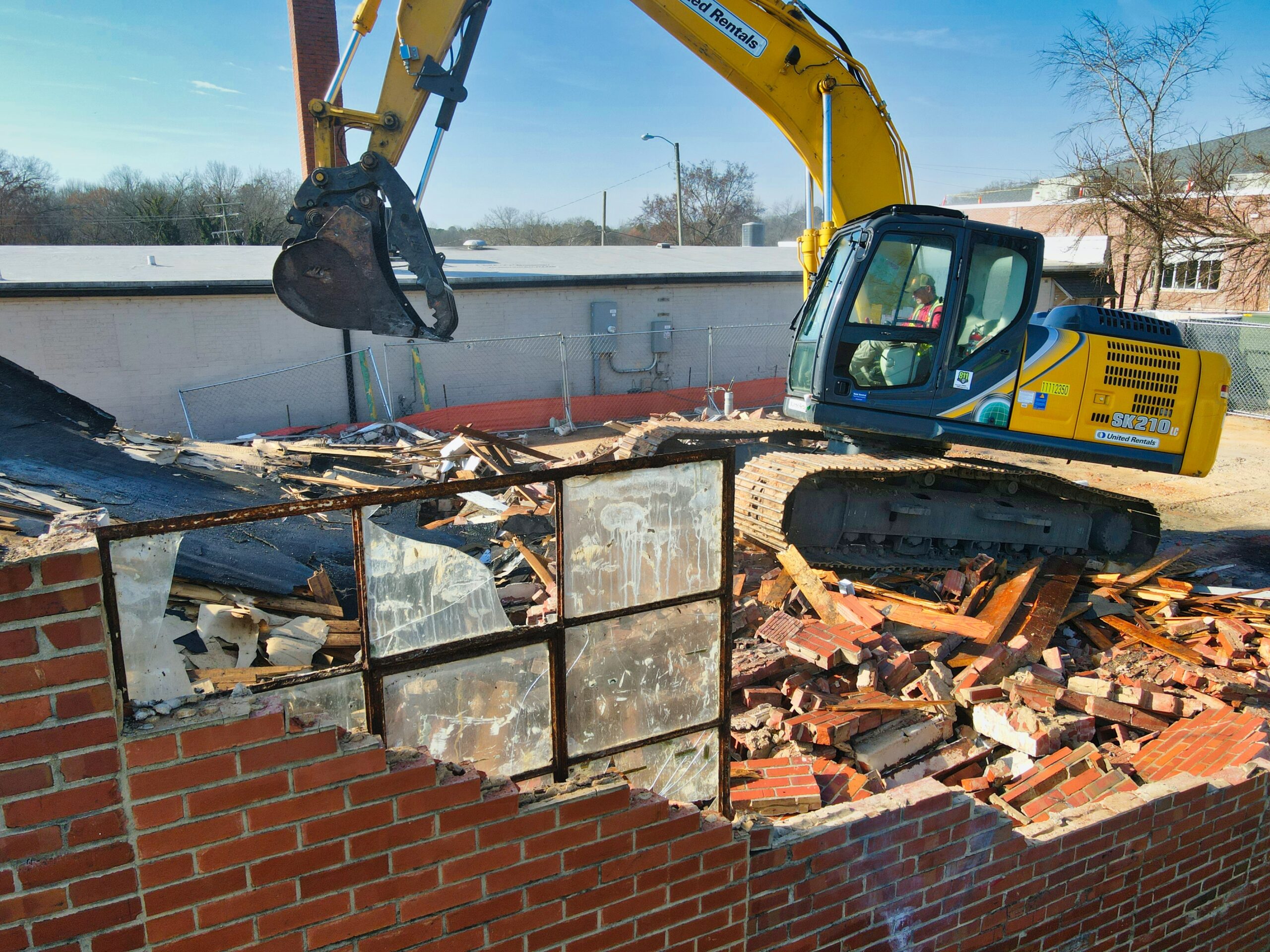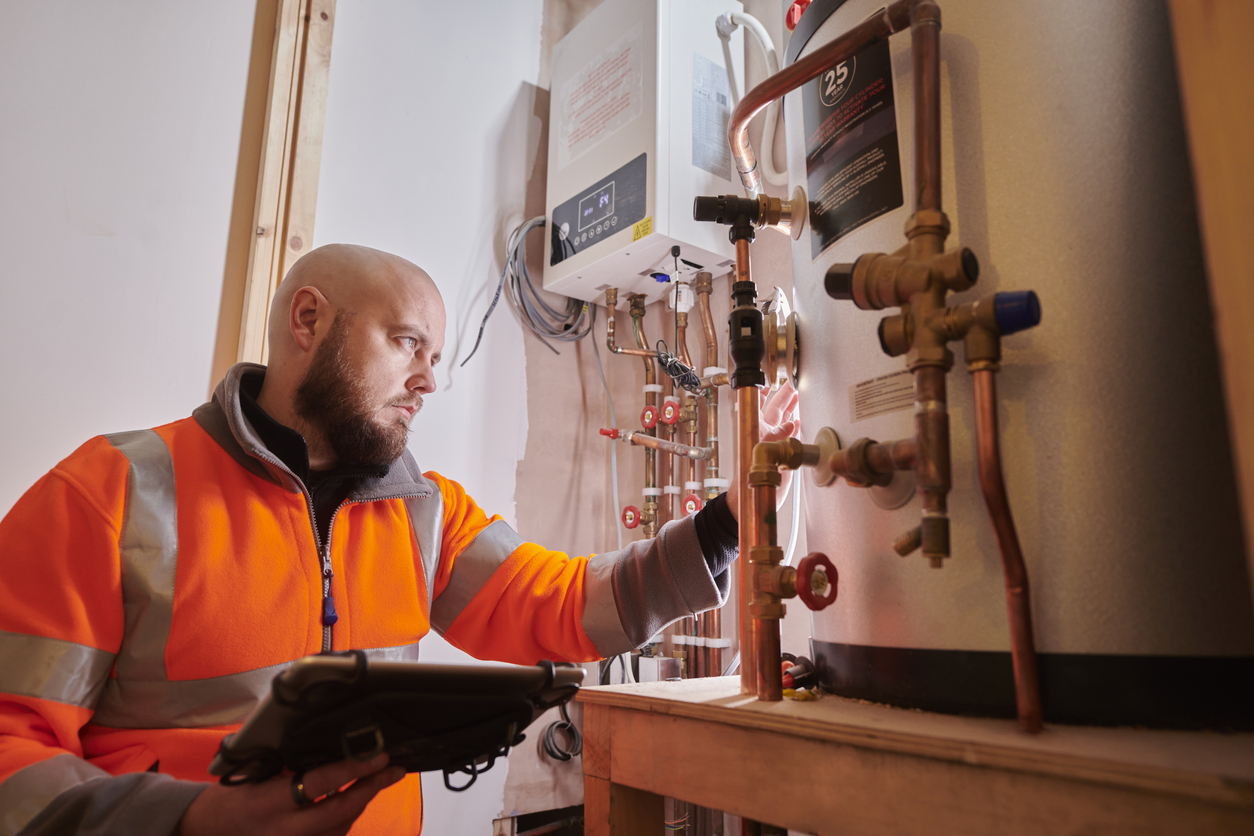PPVS Complete Facilities Management

The Guide to Building & Facilities Management
The complete administration of all services and built environment infrastructure that supports an organisation’s primary business is known as facilities management (FM). A company’s efficiency and productivity, as well as its employees, are all considerably enhanced by good building & facilities management.
Workspace planning and management, as well as assisting business continuity and motivating staff involvement, are all influenced by facilities management. Operating expenses may be reduced while productivity is enhanced by using efficient business practices. It is the practice of keeping a company’s many locations and services running as smoothly as possible.
FM Guide Contents
- Hard Facilities Management Services
- Building Fabric Maintenance
- HVAC
- Soft Facilities Management Services
- Manned Security Grounds Maintenance Services
- Cleaning Services
- Reactive Facilities Management Services
- Reactive Electrical Maintenance Services
- Responsive Plumbing Services
- Planned Maintenance Services
- Water Hygiene Services
- Property Compliance Services
- The Benefits of Outsourcing Facilities Management
- Content Used to Construct This Guide
Hard Facilities Management Services
Hard facilities management services include anything that pertains to the physical structure of a building. Hard FM impacts a company in many ways, from commercial lighting to roofing installation and repairs. Hard FM can assist a business in staying compliant, remaining operational, and most importantly protecting the safety of employees. Hard FM also encompasses most project tasks, which may be large or small in scale, and must comply with health and safety and CDM regulations.
In terms of the importance of hard FM services to a portfolio of properties, it can have a significant influence on a company’s day-to-day operations. For instance, if a building has a significant plumbing leak that creates issues with the internal building fabric or electrical systems, this can be highly problematic for both the structure and its inhabitants, resulting in the facility being closed temporarily to ensure everyone’s safety.
Hard Facilities Management incorporates many services, including HVAC, commercial lighting, plumbing, painting and decorating, building fabric maintenance, mechanical and electrical services, roofing installation and repairs, and general building services.
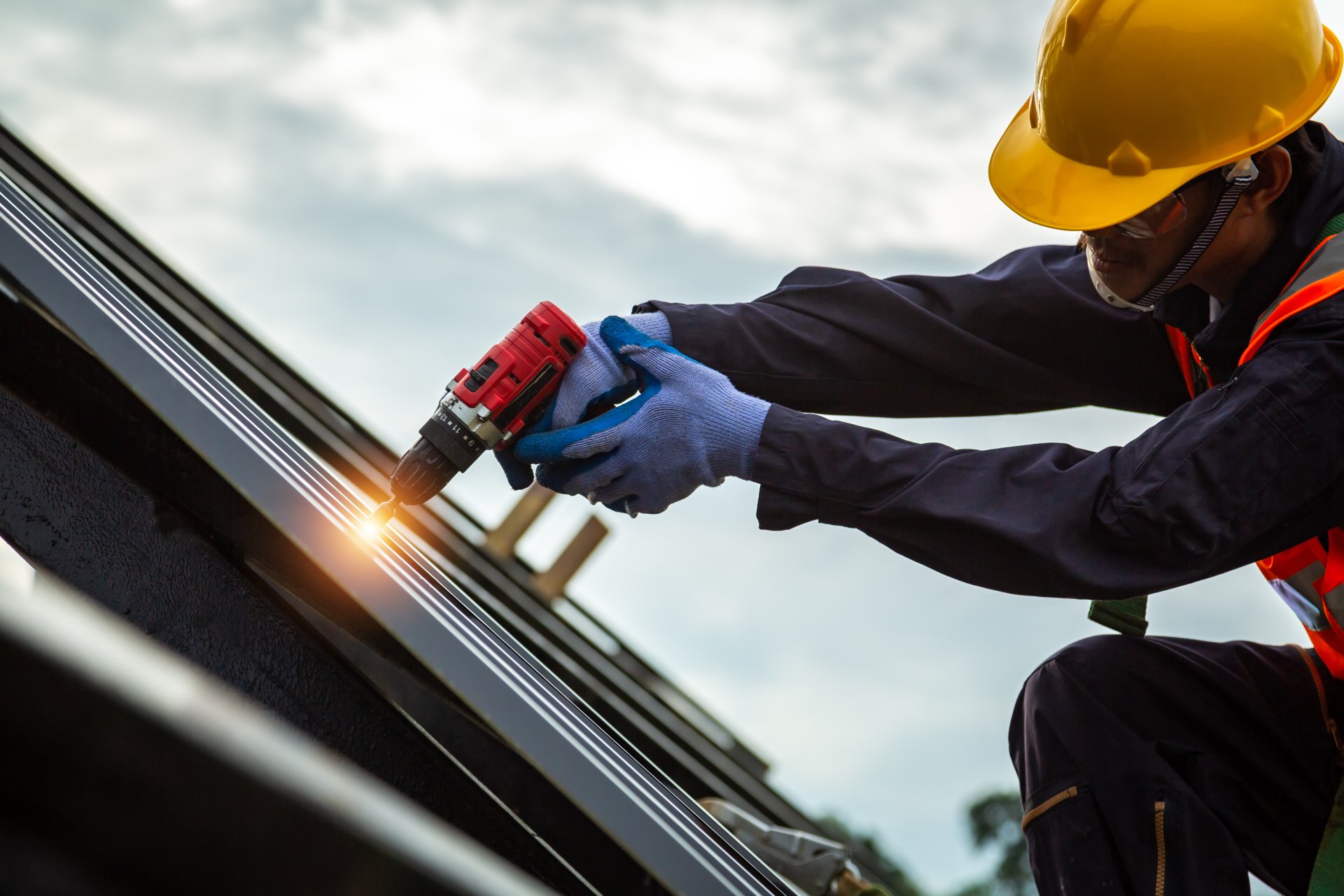
HVAC
HVAC is short for Heating, Ventilation, and Air Conditioning, a centralised system that maintains the temperature in buildings, such as offices, at an acceptable level. They are meant to keep people warm in the winter, cool in the summer, and free of airborne particles that can cause allergies. If HVAC maintenance is up to date, it may also aid in fighting viral transmission.
Air conditioning systems must be inspected regularly under the Energy Performance of Buildings Regulations 2007. The weight and quantity of units determine the frequency of these inspections. An authorised inspector must do inspections, and they must consider system design, installation, and operation.
A commercial HVAC system is made up of three interconnected yet distinct components: a heating system that distributes heated air when needed to make a building feel comfortable in colder weather, an air conditioning system that delivers cold air when the outdoor temperature rises above a certain level; and a ventilation system that removes air from the environment to make it cleaner and more breathable. HVAC is one area of a business that can be refurbished or replaced to achieve a more sustainable workplace and strive towards reaching net zero; meaning that we do not add any more carbon dioxide to the atmosphere than we take away.

Soft Facilities Management Services
It’s not necessary by law to provide soft facilities management services, and they might be added or removed at any time. Soft FM services contribute to the comfortable living of a building’s occupants. They may also make a facility more secure. The type of soft services needed by a company depends on its business activities and occupant needs. Soft FM services include services such as cleaning services, landscaping and grounds maintenance, winter gritting, manned security services, pest control, and water treatment.

Manned Security & Landscaping and Grounds Maintenance Services
Manned security services contribute to the safety and protection of a building. Security guards provide deterrents against vandalism or other crimes by being visible at all times in uniform so as to be approachable to visitors and occupants. Day-to-day patrolling is also part of this responsibility. Guards should monitor any entrances open during business hours, monitor CCTV footage from cameras installed around the site, investigate alarms sounding within a property upon activation, record incidents that occur onsite for future reference, access emergency power cut controls if necessary, and ensure proper evacuation procedures have been implemented if needed during an emergency.
Landscaping and grounds maintenance involves keeping a building’s surroundings in good condition. This may include lawns, fountains, flowerbeds, and other greenery that are maintained onsite for aesthetic purposes. Winter gritting services are included under landscaping to maintain safe pathways throughout winter months to prevent slips and falls which is a serious concern for health and safety.

Cleaning Services
Cleaning services ensure a building remains clean and pleasant for occupants. They also contribute to employees’ health by preventing the spread of germs, bacteria, dust mites, and viruses. Cleaning may include regular vacuuming with HEPA filters or other forms of air purification such as ultraviolet lights that kill airborne particles on contact, collecting debris from indoor plants, emptying waste baskets regularly, mopping floors using detergents without harsh chemicals that can cause respiratory problems in some people, and sanitising bathrooms every day. Covid-19 has had a significant impact on businesses and has emphasised the importance of maintaining a sanitary environment for people to work in, without the fear of falling ill.

Reactive Electrical Maintenance Services
Electrical maintenance is one of the most common types that require reactive services. While it may seem as though electrical issues can be easily managed, if left unattended, they could worsen, resulting in more severe damage, such as fires, injuries to people, and property loss.
Reactive services for electrical requirements within a facility include lighting repairs, power system testing, fault reporting and diagnostics, circuit breaker operation tests, and fuse replacement/repair work. When these problems arise, technicians will quickly identify them and take care of any recurring malfunctions so you don’t have to worry about the electrical aspects of your business again.
The Electricity at Work Regulations 1989 requires that all electrical systems be kept safe. Portable appliance testing on all mobile equipment is required by this regulation (any electrical device that can be moved, including computers). Visual inspection, earth continuity testing, and insulation checking are the three areas to be evaluated. Only authorised personnel with the correct accreditation from governing bodies such as NICEIC, which is one of the several organisations that regulate the work and training of electrical enterprises throughout the UK, should perform the examination.
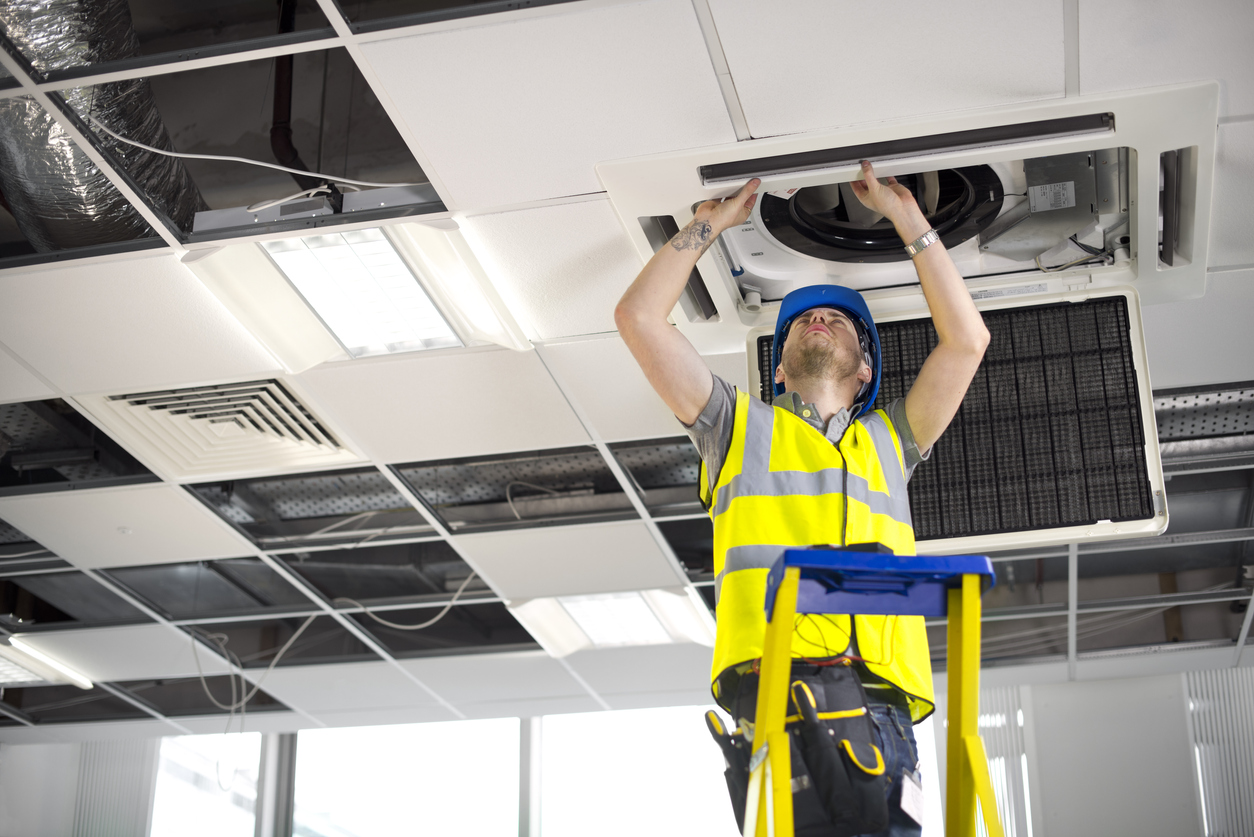
Responsive Plumbing Services
Plumbing equipment maintenance is another common reactive service needed. There are many issues within the plumbing system, including leaks, blockages, and faulty pumps/pipes, which can cause a lot of damage to your property if not taken care of quickly.
Responsive plumbing services are for emergencies such as clogged drain clearing or repair work on water supply systems, gas lines, fire sprinkler systems, radiators etc. Plumbers will also conduct routine checks on all internal appliances, such as boilers and dishwashers before malfunctions occur. They’ll ensure there’s enough hot water at all times so that you don’t have to worry about running out when it’s least convenient for you. All plumbers who work on gas works must be on the Gas Safe Registry to demonstrate that they are fully accredited to work within the industry and fully compliant with the latest laws and best practices.
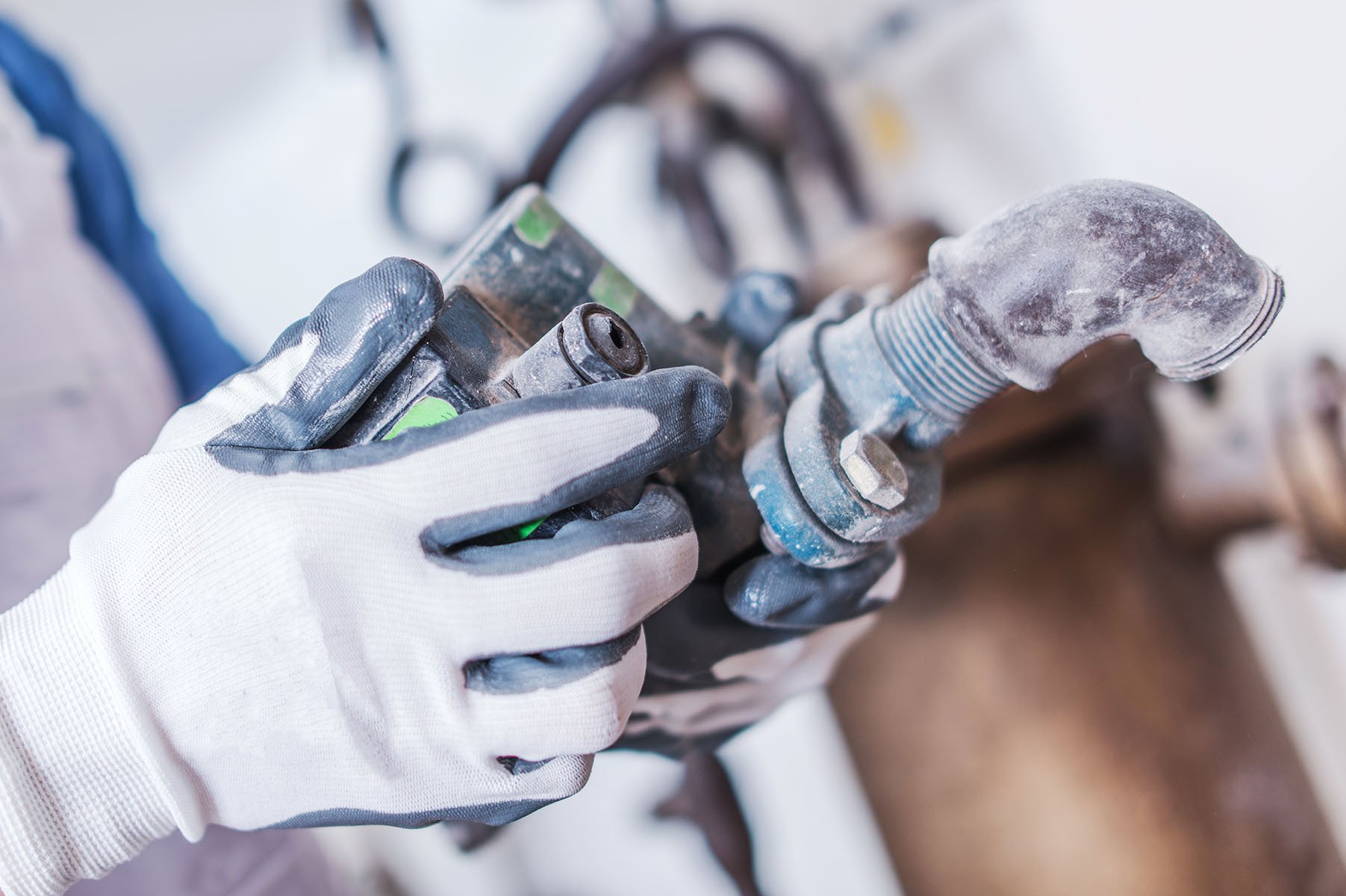
Water Hygiene Services
Treating water appropriately is critical, and while the process appears to be straightforward, it is a logistical problem that requires specialized equipment and expert personnel. The 4-step procedure comprises of four phases:
- Coagulation and flocculation are two processes that result in creating bigger molecules known as flocs.
- Sedimentation is the process by which flocs collect in sludge.
- Filtration removes any remaining suspended impurities, as well as other particles that aren’t wanted.
- Disinfection is the process of neutralizing disease-causing germs with chlorine.
A valid Legionella Risk Assessment and monthly testing is required for every water system to verify that the risk of legionella infection has been reduced as per the ACoP L8 – Legionella Control and Guidance. Many organisations are also required to test the water temperatures on a monthly basis to ensure that water is kept at an ideal temperature in order to avoid any water-borne illnesses.
The Control of Substances Hazardous to Health Act 1988, as amended by the Water Quality Protection Regulations 2002, establishes legal requirements for employers to reduce workers’ exposure to any hazardous substances in water. Employers are responsible for determining which health risks exist in the workplace, implementing risk assessments and providing information, instruction, and training to workers.

Property Compliance Services
The goal of property compliance services is to ensure that your building or facility meets all legal requirements. In some cases, a business may be required by law to have certain aspects of its establishment inspected regularly to maintain proper standards and avoid fines.
Property compliance includes offering up-to-date advice on the latest changes in health & safety legislation as it concerns commercial properties, carrying out thorough inspections for commercial premises, preparing reports about any risks found during an inspection, providing ongoing monitoring where necessary, and suggesting solutions if problems are identified with ventilation or heating systems etc. As well as that, property compliance services entail managing fire alarm testing schemes so you can meet the Fire Precautions Act 1971 requirements, which require annual testing once every twelve months, and ensuring staff training programs comply with relevant regulations such as the Provision and Use of Work Equipment Regulations 1998.

Content Used to Construct This Guide:
https://www.hse.gov.uk/pubns/priced/hsr25.pdf
https://www.legislation.gov.uk/uksi/1988/1657/regulation/9/made
https://www.legislation.gov.uk/ukpga/1971/40/enacted
https://www.hse.gov.uk/work-equipment-machinery/puwer.htm
https://www.gwtltd.com/legislation/acop-l8-legionella-control-and-guidance/

Get in touch to see how we can help with your Facilities Management.
For general enquiries please fill out the form and our team will be back in touch. Or give us a call or email using the details below.





